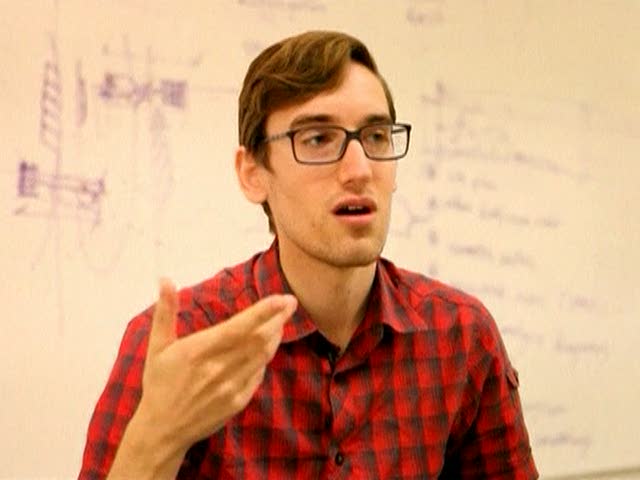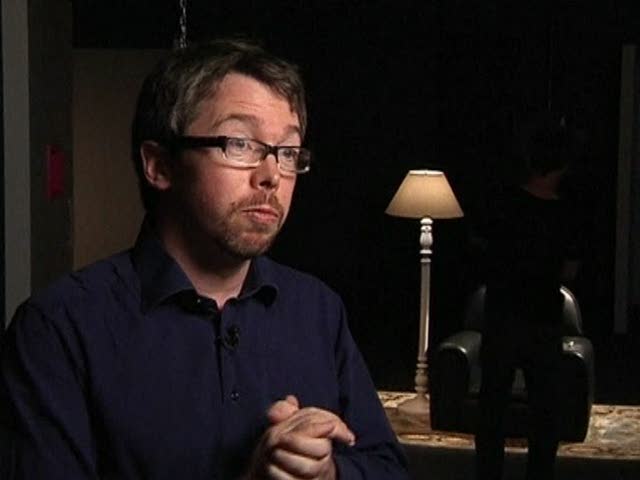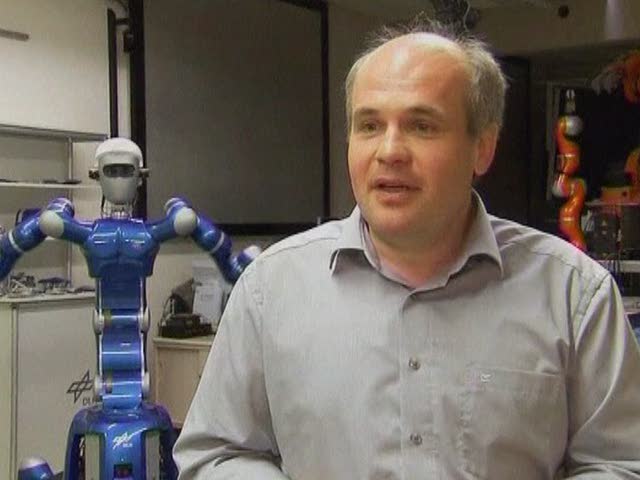Safeguards sought against Internet porn.
Published:
12 April 1999 y., Monday
If schools and libraries want federal money to subsidize Internet access, the Clinton administration says they should have policies to protect children from smut and other inappropriate material on the Web. L. Irving, chief of the Commerce Department_s National Telecommunications and Information Administration, urged the Federal Communications Commission, which oversees the Internet subsidies program, to require public schools and libraries to have such policies in place as a condition of receiving the subsidies. These policies should ``offer reasonable assurances to parents that safeguards will be in place in the school and library setting that permit users to be empowered to have educational experiences consistent with their values.' Irving said Thursday that the administration prefers this approach over ordering schools and libraries to use filtering or blocking software to keep kids away from the seamy side of the Internet. Bipartisan legislation pending in the Senate would require schools and libraries to install such computer software.
Šaltinis:
AP
Copying, publishing, announcing any information from the News.lt portal without written permission of News.lt editorial office is prohibited.
The most popular articles

The European Commission announced today the award of three of the six contracts for the procurement of Galileo’s initial operational capability.
more »
 Researchers at MIT have re-created Italian ballet star Roberto Bolle in digital form to study the capabilities of motion technology. The scientists say that in the future, motion sensors and scanners will be able to find potential health problems before they become apparent to the naked eye.
more »
Researchers at MIT have re-created Italian ballet star Roberto Bolle in digital form to study the capabilities of motion technology. The scientists say that in the future, motion sensors and scanners will be able to find potential health problems before they become apparent to the naked eye.
more »
 A Japanese engineer researching how animals move is building a robot that can run like a human being. Ryuma Niyama is attempting to crack the code of human propulsion, an achievement he says will one day lead to more efficient prosthetics.
more »
A Japanese engineer researching how animals move is building a robot that can run like a human being. Ryuma Niyama is attempting to crack the code of human propulsion, an achievement he says will one day lead to more efficient prosthetics.
more »
 A three-dimensional computer generated film shows, for the first time, what happens in the brain as it loses consciousness.
more »
A three-dimensional computer generated film shows, for the first time, what happens in the brain as it loses consciousness.
more »
 The Swiss Solar Impulse takes off from Brussels for a flight to the International Paris Air Show.
more »
The Swiss Solar Impulse takes off from Brussels for a flight to the International Paris Air Show.
more »
 An exhibition which doubles as a huge, interactive science experiment has openend in New York.
more »
An exhibition which doubles as a huge, interactive science experiment has openend in New York.
more »
 German researchers hope that their coffee-making, ball catching robot named Justin, will become man's new best friend. Justin is being developed for use in space or in the home.
more »
German researchers hope that their coffee-making, ball catching robot named Justin, will become man's new best friend. Justin is being developed for use in space or in the home.
more »
 Japanese scientists are working on a project to supply 13,000 TW of solar energy with the help of robots stationed on the moon to receiving stations on the Earth’s surface.
more »
Japanese scientists are working on a project to supply 13,000 TW of solar energy with the help of robots stationed on the moon to receiving stations on the Earth’s surface.
more »
 The first question anyone asks when they meet me is: "What does a corporate anthropologist do?"...
more »
The first question anyone asks when they meet me is: "What does a corporate anthropologist do?"...
more »
 Scientists in New York have discovered that fly ash, a by-product of coal, can be used as an ingredient in a new, lightweight material that could one day replace heavy metals to make car parts.
more »
Scientists in New York have discovered that fly ash, a by-product of coal, can be used as an ingredient in a new, lightweight material that could one day replace heavy metals to make car parts.
more »
 Chicago's Adler Planetarium is about to open what it says is an immersive space experience like no other in the world. Called Deep Space Adventure, it will take passengers aboard a futuristic starship for a virtual tour of the Universe.
more »
Chicago's Adler Planetarium is about to open what it says is an immersive space experience like no other in the world. Called Deep Space Adventure, it will take passengers aboard a futuristic starship for a virtual tour of the Universe.
more »